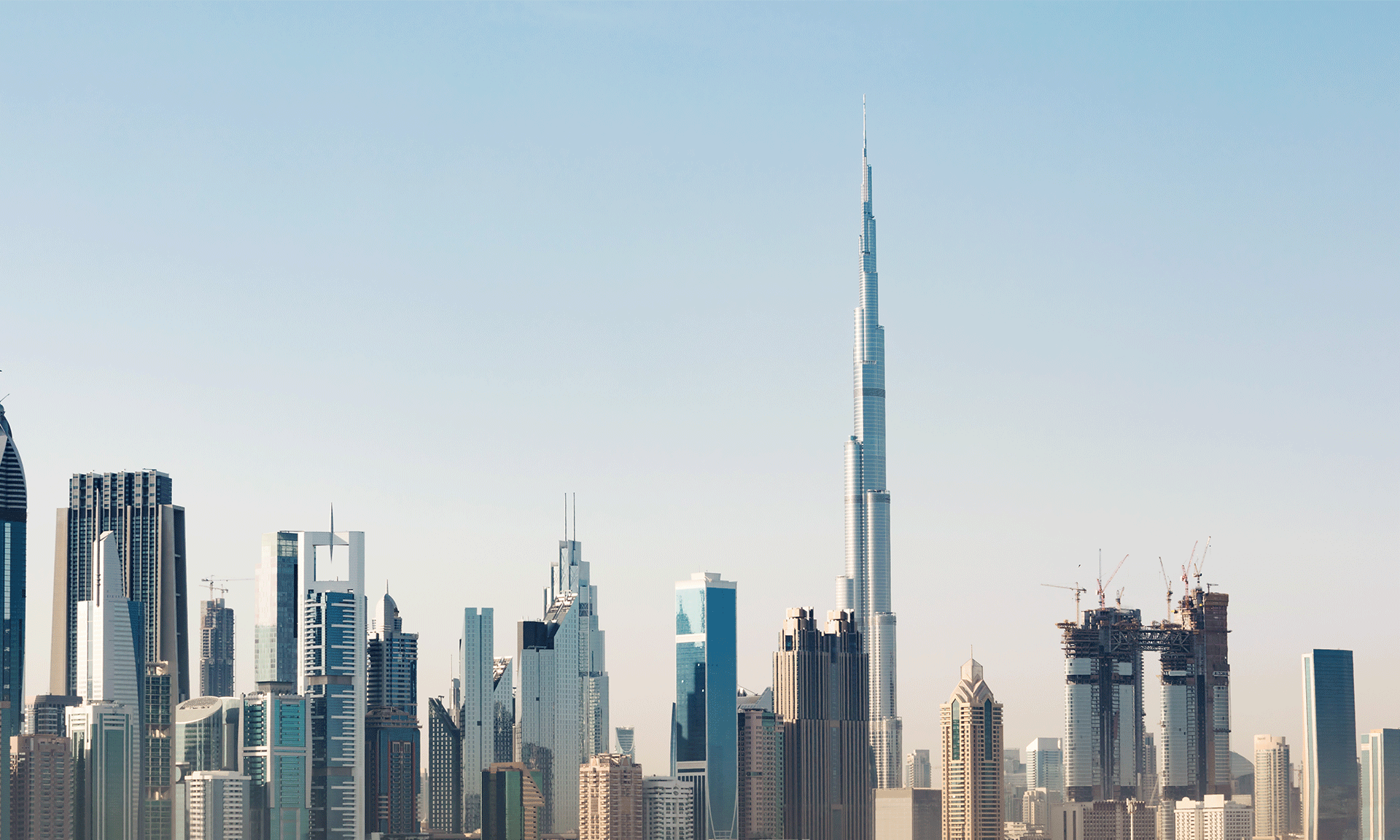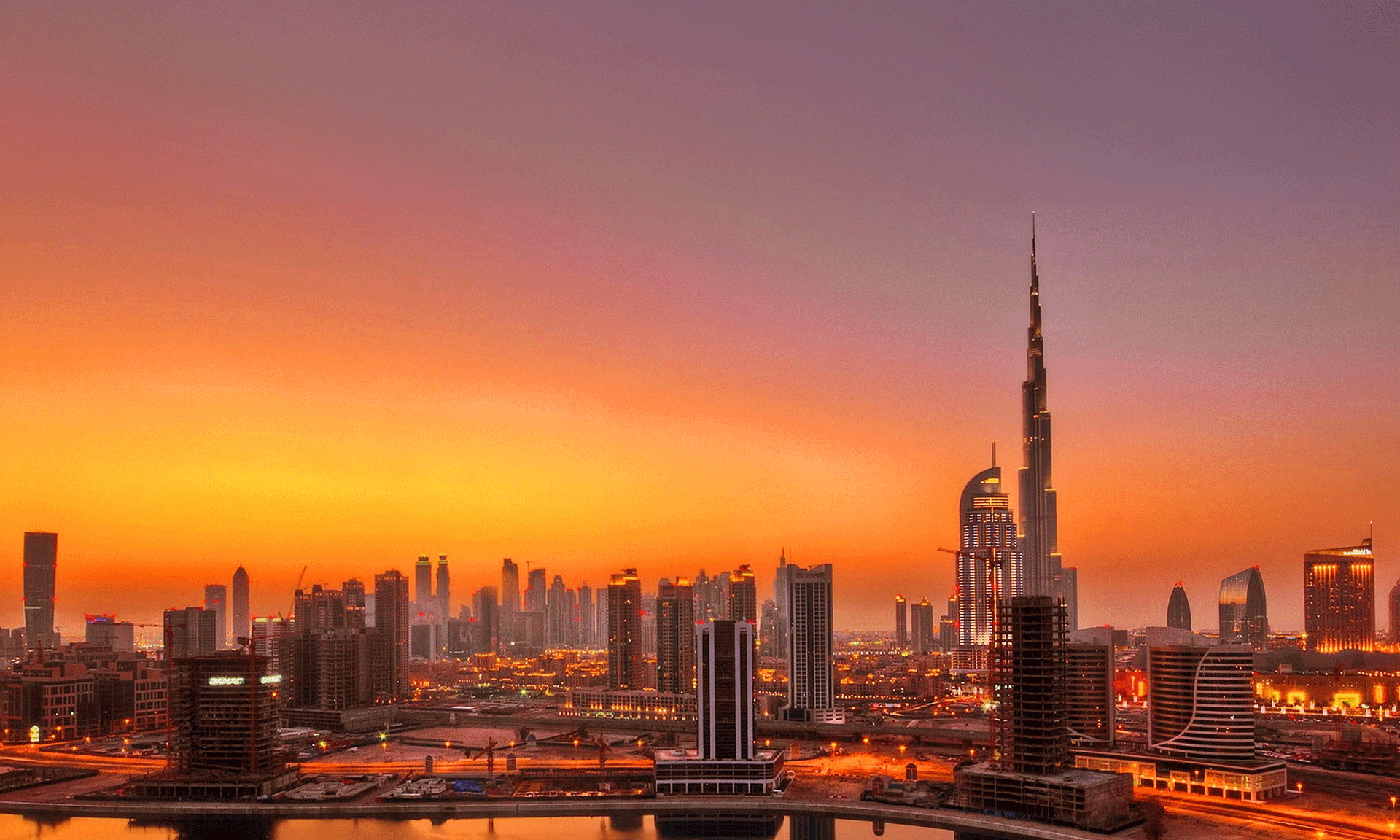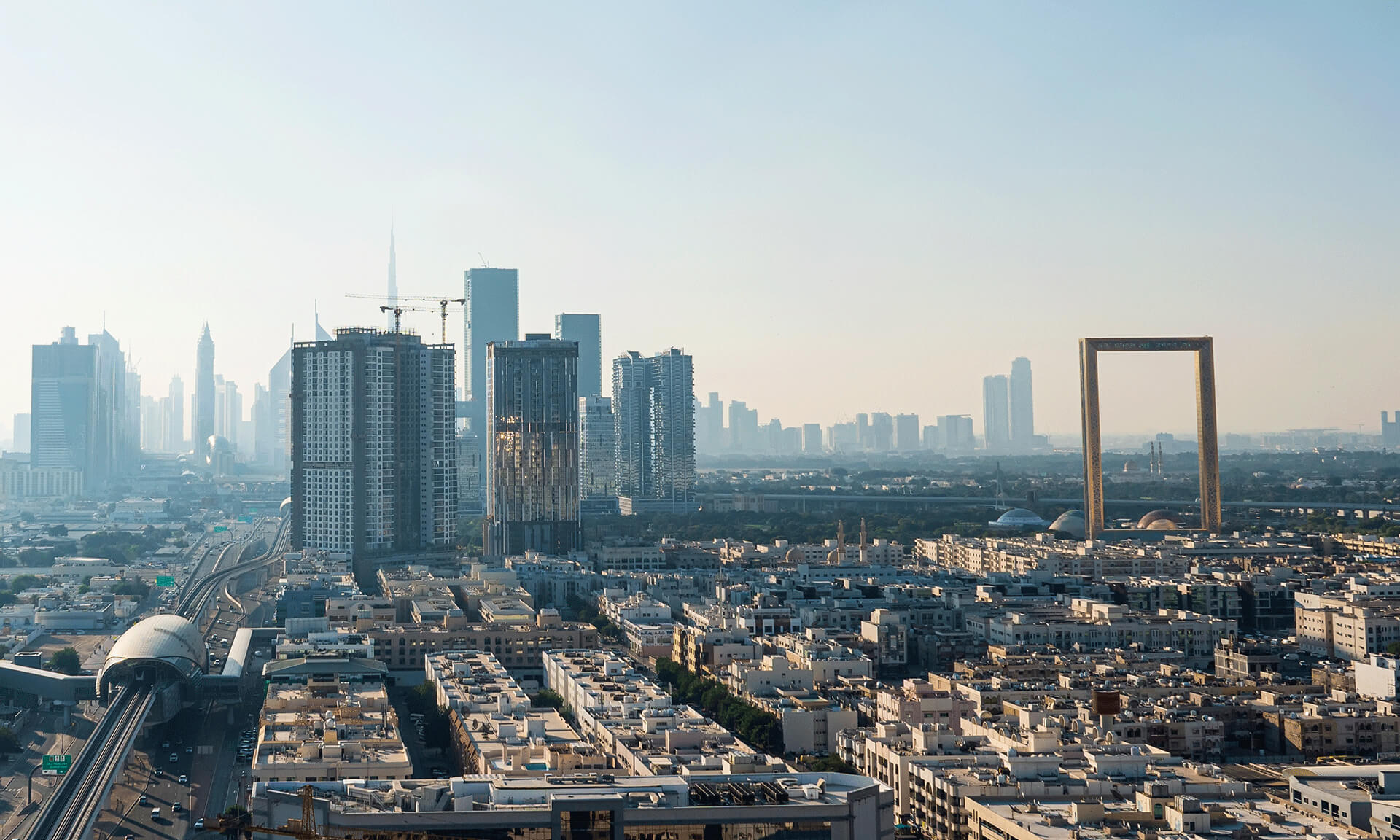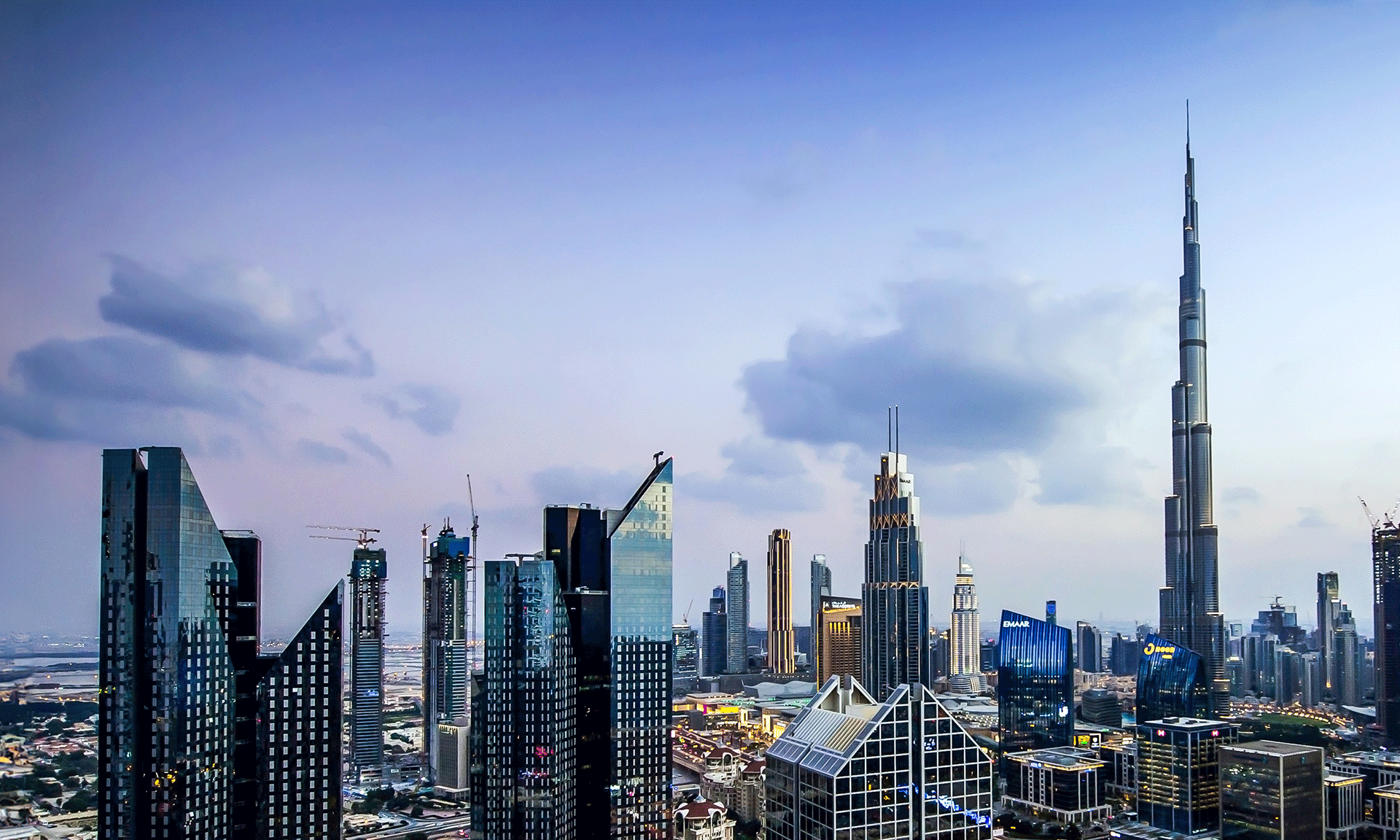This step focuses on easing the process of performing business and reducing the expenses for companies.
The Government of Dubai’s Department of Finance (DoF) has announced the second package with some economic growth initiatives which aim to augment the emirate’s current economic incentive package under the government’s response to the directives of His Highness Sheikh Mohammed bin Rashid Al Maktoum, Vice-President and Prime Minister of the UAE and Ruler of Dubai.
The directives regarding leadership which were given to the government aimed at simplifying the steps of performing business and bringing down the costs for enterprises by using all the possible resources, so as to aid the economic accomplishments.
Abdulrahman Saleh Al Saleh who is the DoF director-general said that the new initiatives package comes with five initiatives aimed to encourage small and medium-sized businesses and public-private partnership. The work needs to be carried out while complying with the directives of His Highness Sheikh Mohammed bin Rashid Al Maktoum and execute various economic and financial incentives for reducing the cost of doing business, aiding the registered enterprises in the emirate and also attracting more and more new investments.
The first incentive proposal is to pay all the dues of SMEs who are supplying goods and services government bodies within 30 days rather than 90 days, as long as the payment period is within the 10 days in case of the members of Dubai SME. As per the initiative, the government would be classifying the SMEs who are permitted to get their dues within 30 days. This initiative will be able to provide SMEs with some extra liquidity of Dh1.6 billion per annum.
The second initiative is regarding cutting down the value of primary insurance for all the SMEs to bring them between 1-3 percent range instead of 2-5 percent range, in order to promote them to carry on with supplying to the government agencies. As per this initiative, the minimum primary insurance has been reduced from the original Dh40 million to Dh20 million (which includes 80 percent of SMEs), while the maximum primary insurance was cut down from Dh100 million to Dh60 million (which involves 20 percent of the establishments).
This initiative also aims to offer better liquidity for SMEs, and also ensure bigger opportunities for them to take part in procurement to the government agencies.
The third economic incentive proposal is regarding the final insurance for the performance of SMEs in government projects. This initiative includes cutting down of the final insurance rate or “performance insurance” and slashing it from 10 percent to half or 5 percent on all the supplies. As per this initiative, the Government of Dubai plans to chart out a classification of SMEs who will be entitled for this performance insurance reduction.
This initiative will help to increase the total value of the retrieved final insurance from all the classified companies or businesses, which add up to almost 70 percent of the SMEs, going up to Dh100 million over a shorter period of time.
The fourth initiative aims to allocate 5 percent of government capital projects to the SMEs. Targeted at members of Dubai SME, this initiative will promote business setup in Dubai and various enterprises to expand their business, participate into key projects contracts particularly with the government agencies and also form alliances to contest for government projects.
This move of allocation of 5 percent of government capital projects to the SMEs enables them to get projects which are worth Dh400 million.
The fifth initiative is allocating projects worth Dh1 billion to the PPP, so as to invite the private sector investments, improve the government service quality and finally decrease the burden on the budget.
This initiative will make sure that there is optimal use of Law No.22 of the year 2015 on Public-Private Partnership, and the execution of the projects planned by government agencies are on time and in compliance with the Dubai 2021 Plan.






























 IMC Group
IMC Group